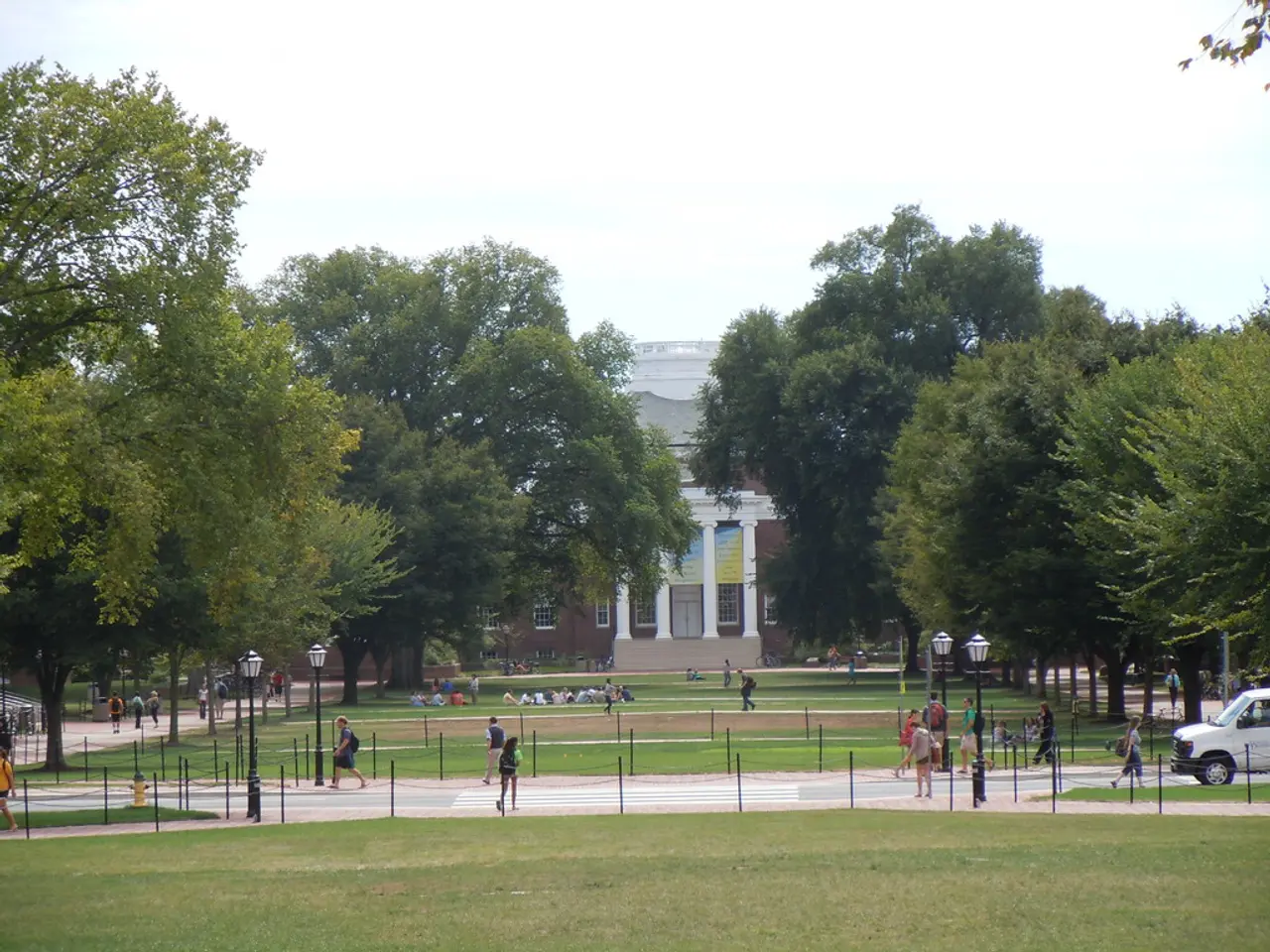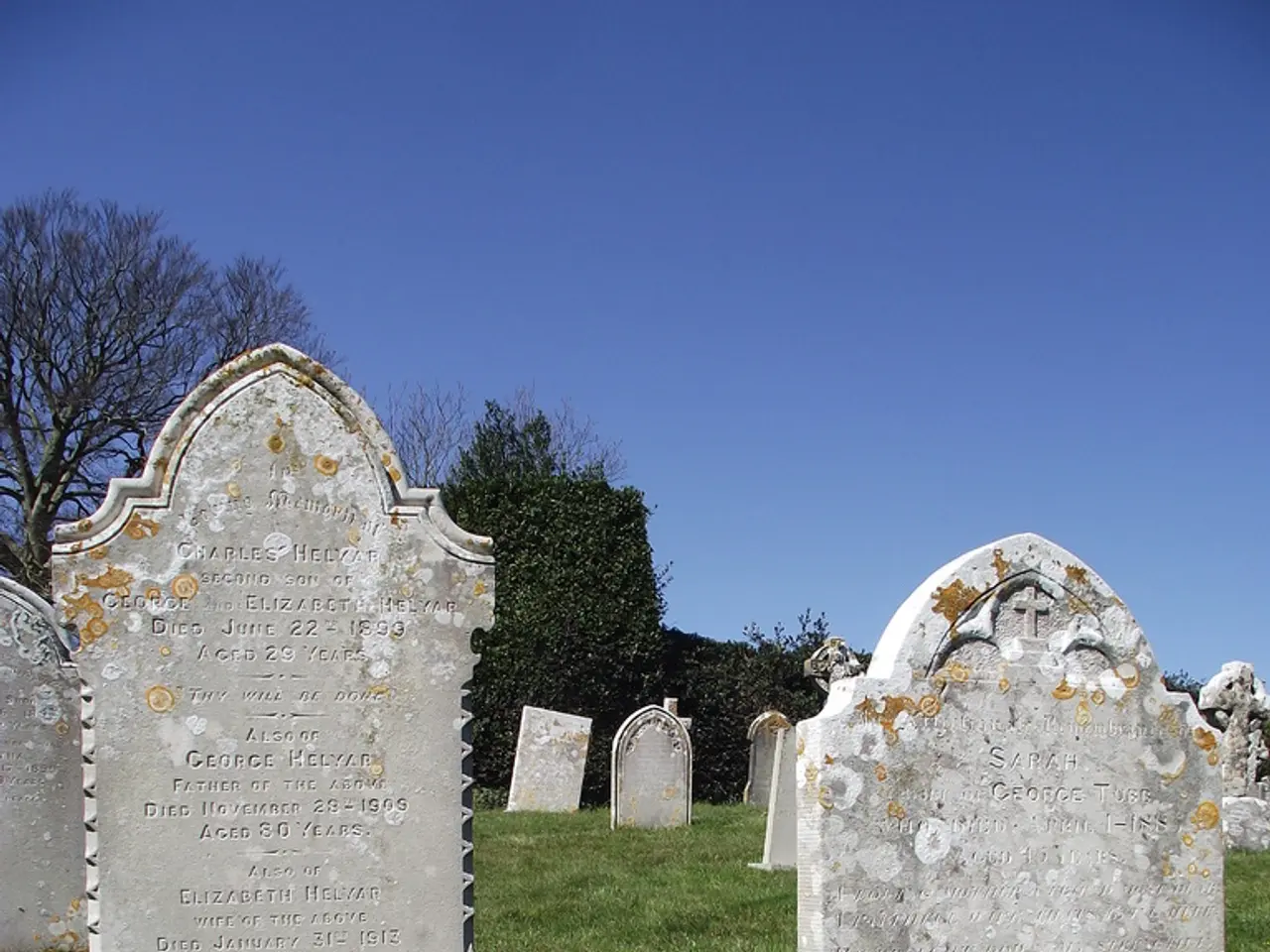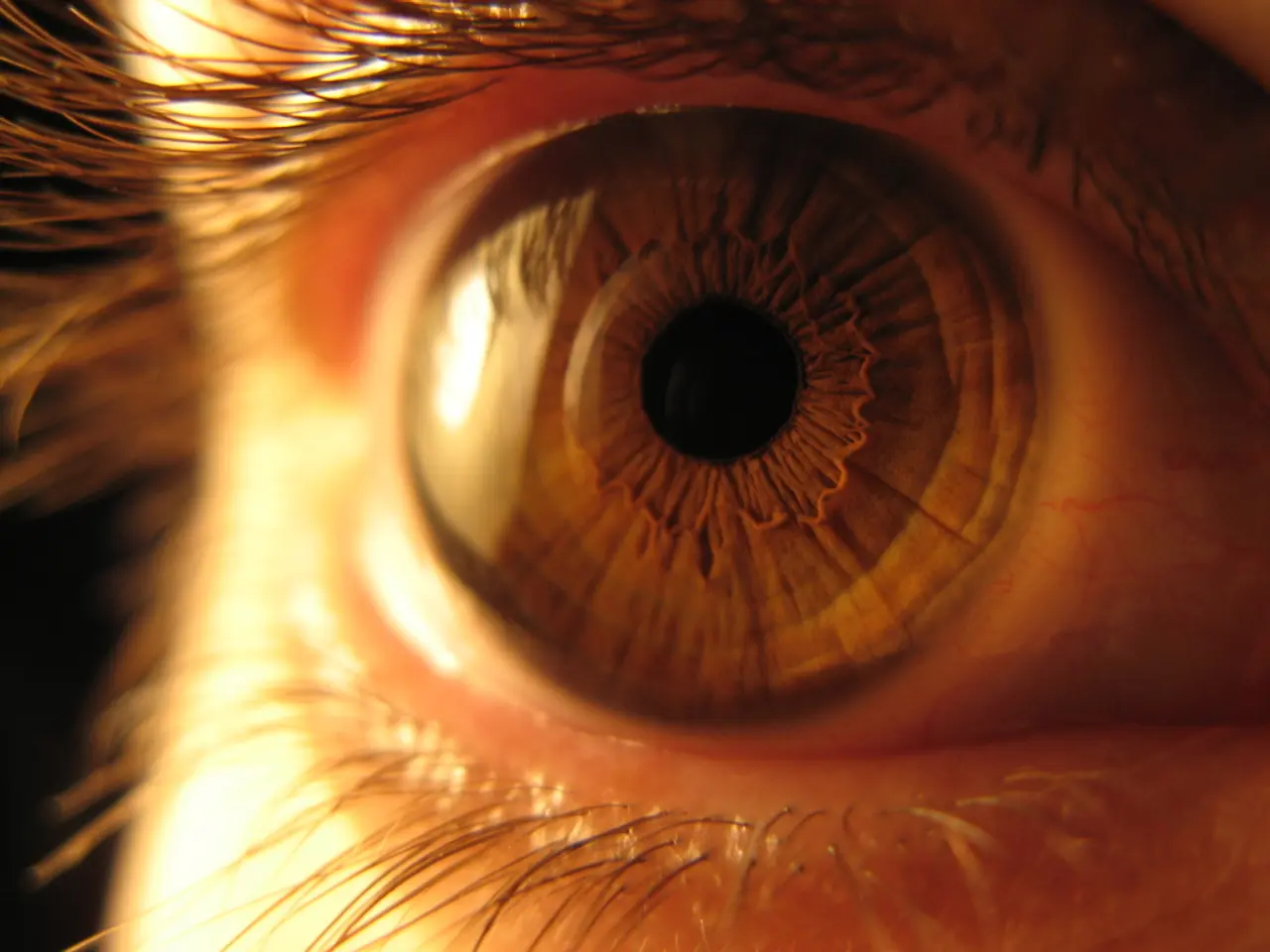Emerging Talents in the Field of Cancer Research Unveiled
University of Rochester's Innovative Cancer Biology Curriculum
The University of Rochester School of Medicine and Dentistry has introduced a new Cancer Biology curriculum, integrated within the Double Helix Curriculum—an innovative educational model that combines early clinical exposure with basic science education. This approach is designed to nurture aspiring physician-scientists with a strong foundation in cancer research and education.
Christina Kaszuba, a second-year student in the Biomedical Engineering graduate program, appreciates the diverse perspectives in the cancer research program. Kaszuba studies leukemia's microenvironment in bone. Meanwhile, Bachelard Dieujuste, a second-year student in the Biomedical Genetics and Genomics graduate program, hails from Haiti and is investigating the phenomenon by which chemical modifications turn genes on or off to promote breast cancer.
Emily Whitt, a fourth-year student in the Pathology - Cell Biology of Disease graduate program, is studying the molecular switch that tells breast cancer cells to spread to other tissues. Whitt's research suggests that the loss of a specific modification on histone H4 causes breast cancer cells to invade surrounding tissues more efficiently.
The cancer research program at Rochester is designed to train tomorrow's leaders in cancer research. Students benefit from a mentorship network, collaboration, and access to cutting-edge research facilitated by the school’s commitment to medical innovation, including cancer vaccine development and computational biology.
The Double Helix Curriculum fosters early patient contact and problem-based learning, supported by significant NIH research funding ($247 million). This environment is designed to cultivate students equipped with both clinical insight and research expertise.
The program's impact on students includes preparing them for leadership roles in oncology and biomedical research. The program's design supports a comprehensive understanding of cancer biology with hands-on experiences and fosters collaboration with faculty at the forefront of cancer research—critical for advancing both education and research productivity.
Zachary Sechrist, a second-year graduate student in the Pathology-Cell Biology program, is studying cancer-related cachexia (or muscle wasting), a common side effect that diminishes quality of life and can prevent patients from being able to withstand certain treatments. Sechrist believes that cachexia may be driven by chronic, low-grade inflammation induced by the tumor. He is working with mentor Calvin Cole, Ph.D., to tease apart the complicated cellular and molecular mechanisms underlying cachexia to identify a possible drug target.
The Wilmot Cancer Institute is building a pipeline of research trainees with a special interest in cancer. The Wilmot Distinguished Professor in Cancer Genomics, Paula Vertino, Ph.D., is responsible for the special course concentration in cancer research. In early 2021, the Wilmot Cancer Trainees (WilCaTs) group was formed to bring together student cancer researchers, postdocs, and medical students.
Emily Quarato, a fifth-year toxicology graduate student, changed her focus to studying cancer after rotating through the lab of her mentor, Laura M. Calvi, M.D. Quarato is now working on understanding the mechanisms behind the phenomenon of breast cancer cells invading surrounding tissues.
The team science setting among cancer investigators is exciting to Sechrist. This collaborative approach is reflected in the WilCaTs group, which holds student-led workshops where members can teach specific lab skills or techniques, review grant applications or papers, and leverage the group's collective knowledge and experience to support each other in their training and research.
Zachary Sechrist joined the graduate program at UR in 2021 with a bachelor's degree from Clarkson University. Emily Whitt grew up in Pullman, WA, and earned a bachelor's degree in Biophysics from Brigham Young University before beginning her studies at the University of Rochester.
In short, at the University of Rochester, the Cancer Biology curriculum is embedded within a pioneering educational framework that intertwines clinical and research training, enhancing student education by providing early clinical exposure, sustained mentorship, interdisciplinary collaboration, and access to extensive cancer research resources and funding, positioning students for impactful careers in cancer biology and medicine.
- Students in the Cancer Biology program at the University of Rochester are provided with a comprehensive understanding and hands-on experiences in cancer research, aiming to prepare them for leadership roles in oncology and health-and-wellness.
- As part of Emily Quarato's research, she is studying the mechanisms behind the invasion of breast cancer cells into surrounding tissues, delving into the intricacies of medical-conditions such as cancer.




